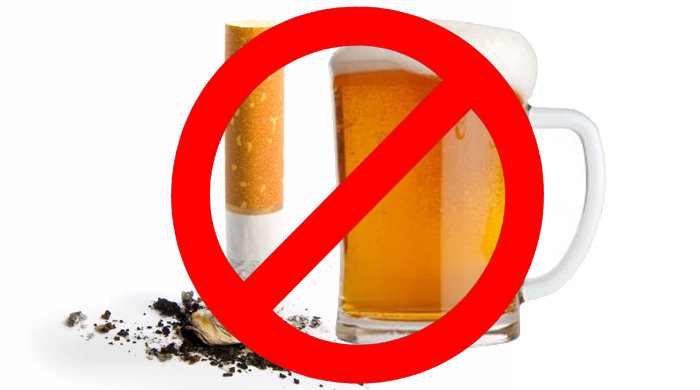
Your digestive health is directly influenced by the things you eat and the way you live. Taking actions to improve your digestive health can improve your overall health and well-being by allowing your digestive system to perform more efficiently.
Your digestive system breaks down the food you eat into the nutrients your body needs. If you ignore your gut health, your body may have difficulty absorbing those vital nutrients.
Furthermore, research has indicated that your digestive system can affect your mood and overall mental health due to the significant relationship between the digestive system and the brain.
What are the symptoms of digestive issues?
Digestive issues can strike anyone at any time. Cramps, gas, bloating, and constipation or diarrhea are all common symptoms. While these symptoms aren't usually indicative of something more serious, several illnesses, such as Irritable Bowel Syndrome, Crohn's Disease, and Diverticulitis, can put you at risk for them.
Sometimes due to these underlying medical conditions, one may suffer from anorectal disorders. In such cases, it is advisable to visit Dr. Dipesh Thacker, a renowned Ayurvedic surgeon, for fissure, fistula, and piles treatment in Bhuj, Kutch, Gujarat.
Given below are few tips to assist you in keeping your digestive system healthy.
Eat a nutritious diet
It includes plenty of fruits, vegetables, and both insoluble and soluble fiber for your digestive system. Soluble fiber, found in bran, oat, beans, nuts, seeds, and barley, aids the digestive system in absorbing water.
Insoluble fiber, found in whole grains, vegetables, and wheat bran, helps keep things moving through your digestive tract, making you less likely to become constipated.
It can also help you avoid or treat digestive problems, including diverticulosis, piles, and irritable bowel syndrome. Further, it can assist you in achieving or maintaining a healthy weight.
Limit your intake of high-fat foods
Food high in fats takes longer to digest and can cause constipation. But healthy fat is required for the proper functioning of several organs and body processes. So, it is advisable to combine high-fiber diets with fatty foods for easy digestion and elimination.
Staying hydrated

It is beneficial to the body and digestive system to drink at least 8 to 10 glasses of water every day. The fiber in the colon uses water to soften the faeces and make them easier to pass.
Have fixed eating hours
Having your meals and snacks at timely intervals might assist your digestive system stay in good form. It would help if you ate all your meals around the same time every day.
Avoid overeating
With so many food options available, it might be challenging to say no and stop eating when you are full. It is important to remember that binge eating can lead to major health problems in the long run. It causes an overabundance of digestive enzymes and makes a person sluggish.
Kick off the bad habits

Excessive smoking and drinking, and intake of too much caffeine and carbonated drinks, will impair the digestive system's ability to function. It could cause heartburn and other complications.
Exercise

Regular exercise makes you feel good and promotes the smooth passage of food through the digestive system. Additionally, it reduces food cravings, improves your mood, and helps you maintain a healthy weight. Make a habit of working out regularly, whether it's yoga, running, swimming, cycling, or playing a sport.
Managing stress
As people's lives become busier and their commitments increase, they react to stress in different ways. It can cause anxiety and insomnia, which can throw the digestive system into disarray.
Outlook
It is recommended to seek appropriate diagnosis and treatment if you suffer from any digestive condition or anorectal disorder.
Akshar Hospital in Bhuj, Kutch, Gujarat, is committed to providing complete, accurate, and thorough care using cutting-edge medical equipment and facilities.
Follow these simple guidelines for optimum digestive health:
Consume a high-fiber diet.
Ascertain that you're getting both soluble and insoluble fiber.
Reduce your intake of high-fat foods.
Choose lean cuts of beef.
Include probiotics in your diet.
Maintain a regular eating schedule.
Make sure you drink plenty of water.



